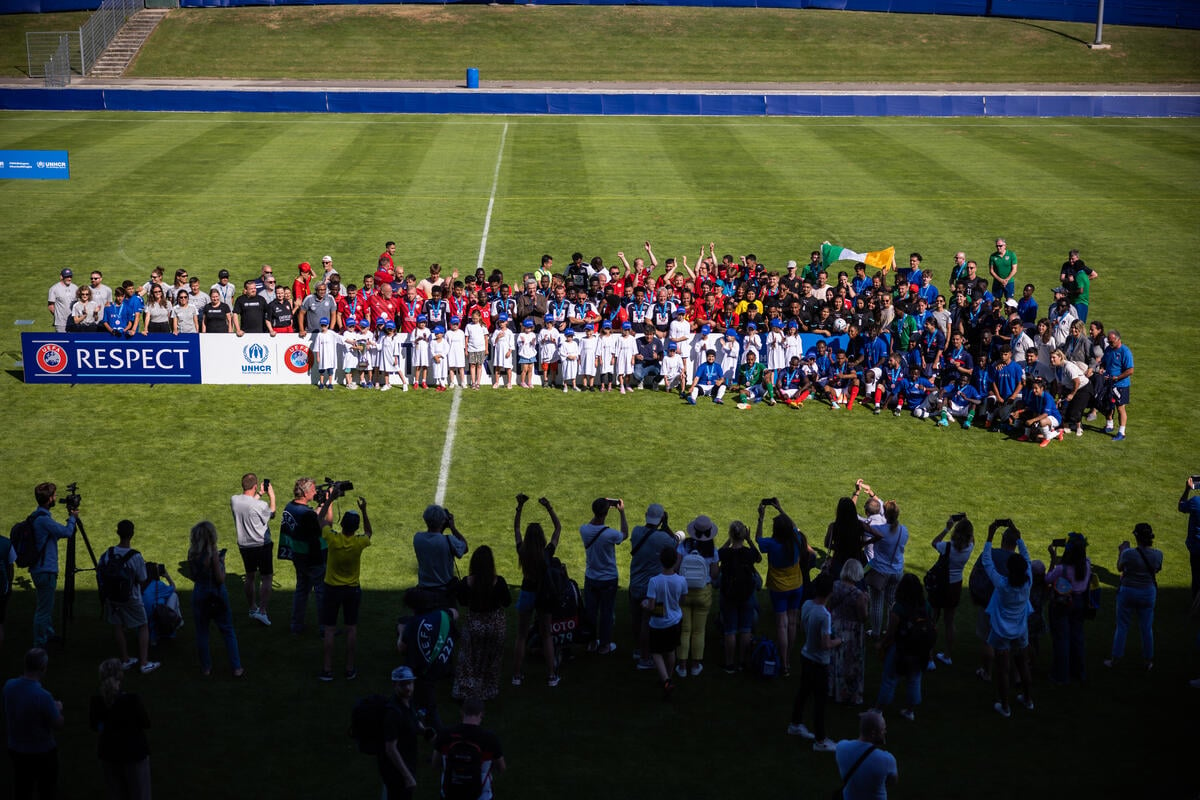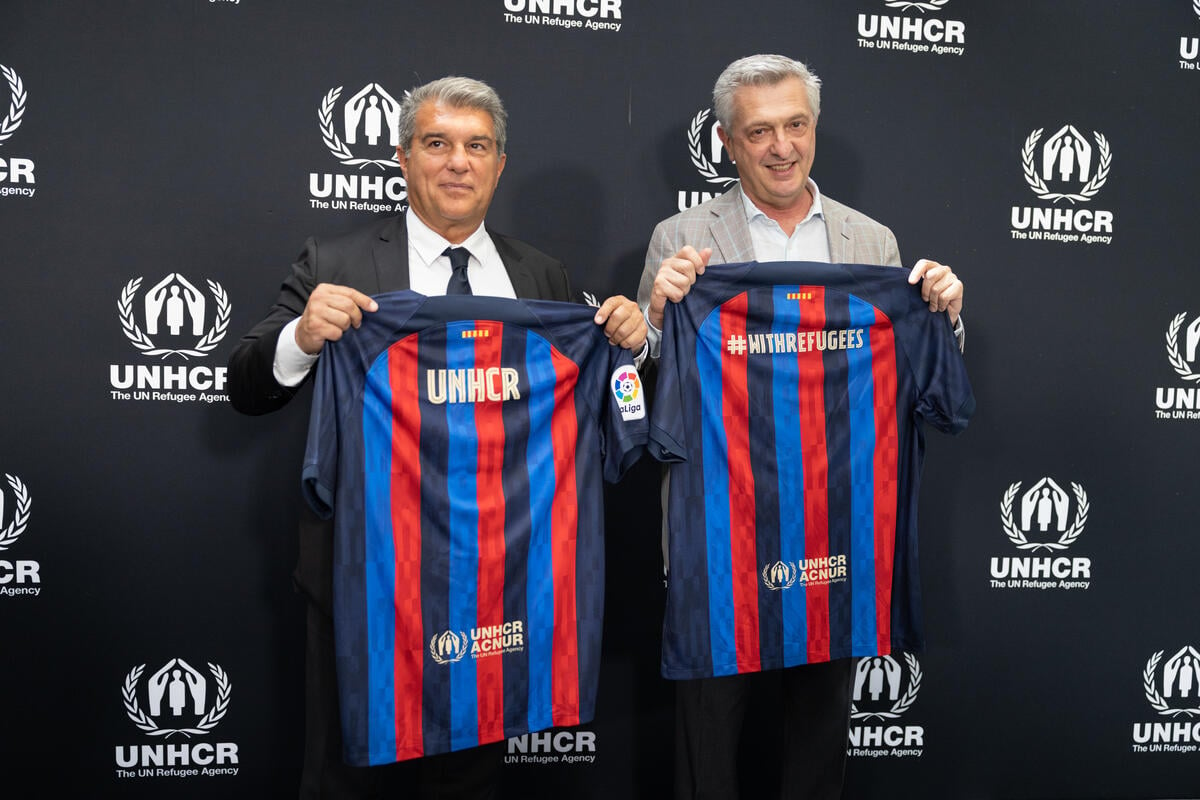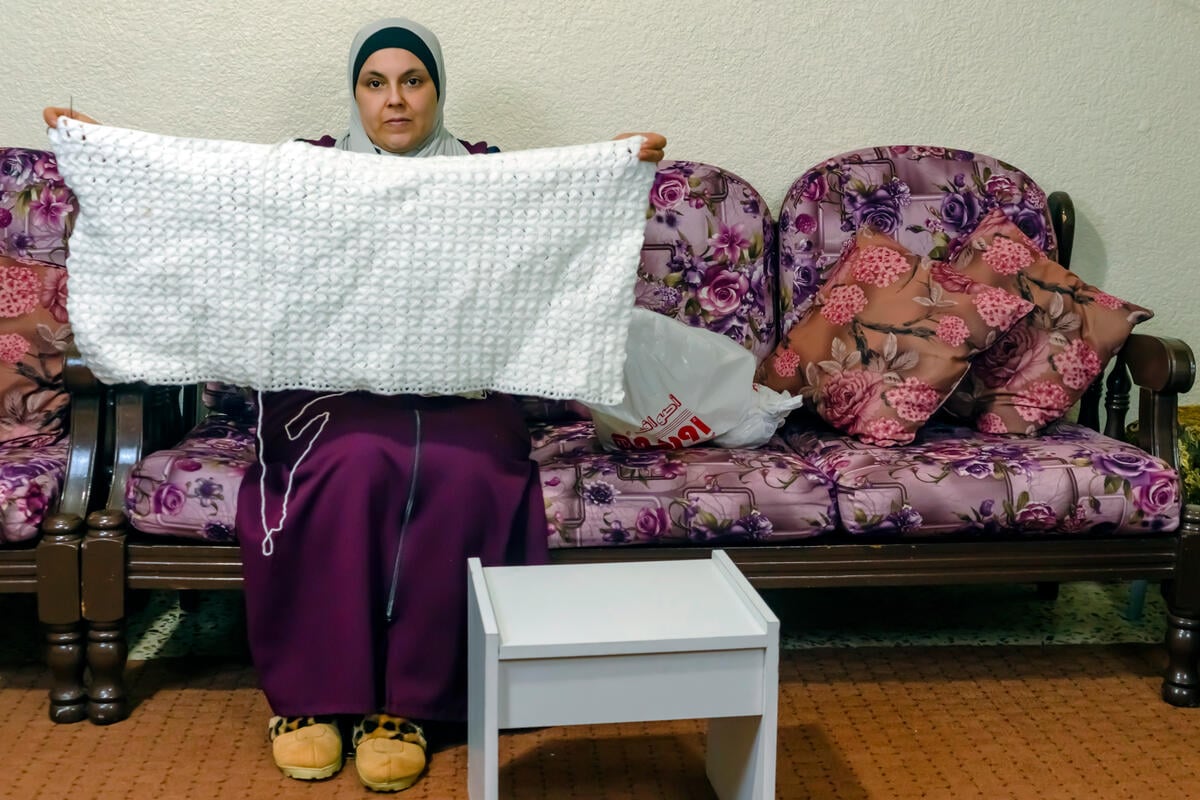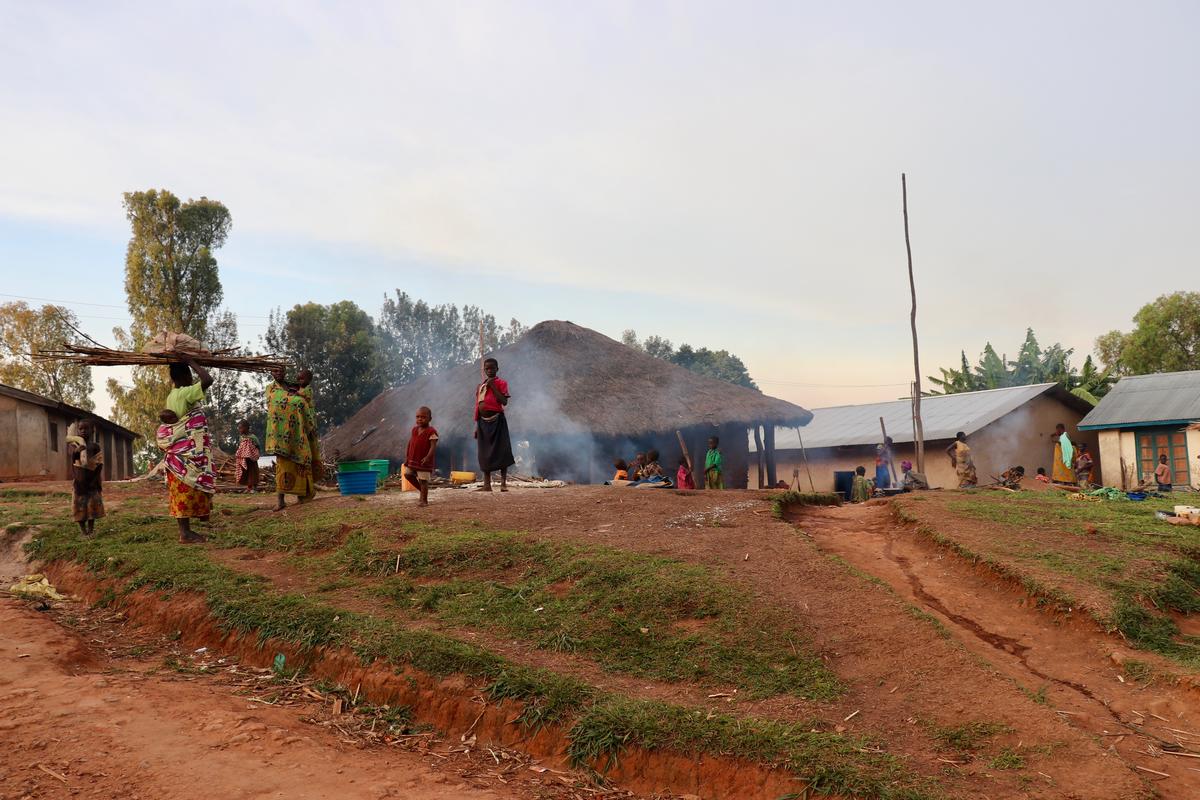Q&A: An Ethiopian humanitarian's odyssey to a pinnacle of the aid world
Q&A: An Ethiopian humanitarian's odyssey to a pinnacle of the aid world

GENEVA, December 15 (UNHCR) - As Secretary General of the International Federation of the Red Cross and Red Crescent Societies, or IFRC, former Ethiopian politician, diplomat and refugee Bekele Geleta is at a pinnacle of the humanitarian aid world. The IFRC is the world's largest humanitarian network and coordinates emergency international assistance to people - including the forcibly displaced - who are affected by natural and technological disasters and health crises. It also engages in long-term development activities and humanitarian diplomacy. It has been working closely with UNHCR for more than 50 years and in 1957 was given the prestigious Nansen Refugee Award for its help in responding to the needs of Hungarian refugees. Geleta joined the Federation in 1995, but it was an often rocky ride from his humble birthplace in Ethiopia to the IFRC secretariat in Geneva. He spoke earlier this year about his eventful life to UNHCR Web Editors Leo Dobbs and Haude Morel. Excerpts from the interview:
Tell us a bit about your early life
I was born in western Ethiopia in a place called Nedjo, which is nearer to the border with Sudan than to the capital of the country [Addis Ababa]. We lived a short walk away from a Swedish mission school, so I was able to start elementary school at a very early age. Then I went to high school in Nekemte, capital of the [former Wollega] province. It was about six days' walk away. When the term started, I walked there, and when the term ended, I walked back. It was difficult, especially during the rainy season. I went to university in Addis Ababa, graduating with a degree in political science as my major, and economics. This was during the Haile Selassie regime [1930-1974]; a very peaceful time.
Where did you work after graduating?
I joined the Ministry of Interior - essentially, you were assigned. I stayed there for two years and then I was moved to the road transport authority. There I was given the opportunity to take up a scholarship to study for a Masters in transport economics at Leeds University in the United Kingdom. I went back and rejoined the road transport authority for about a year. And then the military took power. I was appointed to become deputy general manager of the railways and in a few months I became general manager. Choice was not an option, you were appointed . . . I turned round the company from operating at a loss to making a profit. I was there for a few years and then the military put me in prison [1978-1982].
Why was that?
They believed I belonged to an ethnic political group. I didn't, actually. But I was quite strong - the railway workers were very, very influential and powerful. Probably they liked me, the labour unions. I think I became a bit too popular and influential. This was a regime that did not accept that kind of thing. I was in prison for five years.
There was a mix of hard-core criminals and young people who were against the government. Quite a number of us were well educated. The prison warden was quite liberal and allowed us to organize ourselves and to take part in educational and sports activities. We turned the prison into a school and started a library . . . They also allowed our students to sit for university entrance exams. For a number of years the prison school was number one in the land. Instead of becoming negative, we spent our time occupied . . . so we didn't come out feeling bitter. We came out in good shape. It did affect our lives, but it could have been worse.
Where did your interest in humanitarian work begin?
Essentially, I was doing humanitarian work in prison. I became the chairman of the prison development committee, which engineered all this learning, the sport, the pulling together and helping the youngsters and teaching the hard-core criminals to reshape their thinking and their lives. Many students went on to live very successful lives.
After coming out of prison, I worked for Irish Concern for one year. Concern was the first humanitarian organization that I worked for. When I came out of prison, I didn't want to work for the government. Then the [Ethiopian] Red Cross [in 1984] was looking for a department head and somebody called and asked me to come for an interview. So I went and they said I had passed. It was at the height of the famine in Ethiopia. It was a truly terrible time.
Tell us a bit more about your time at the Red Cross
I joined on a Tuesday and on a Thursday the secretary general [of the Ethiopian Red Cross] took me to the worst-hit area, where the first tent [for displaced people] was being put up. It was a terrible sight and a huge shock to me. I started there. About 170 died on average, just in that camp, every day. We worked around the clock and turned that round. In terms of the Red Cross, the [number of aid] beneficiaries rose from around 90,000 to 450,000 in the first month-and-a-half, and eventually 1.2 million. The government was doing quite a lot.
So my first experience was working with people facing hunger and famine and then, as secretary general, first Sudanese refugees, Somali refugees in Ethiopia and then people who were resettling from the northern part, which was seriously affected, to the western part, the southern part, which was more fertile. It was sort of forced resettlement. At times, we provided seeds, farm implements, and so on.
You later became a refugee yourself
A new government came in after seizing power. They invited me to become an ambassador and I agreed on condition that the government delivered the democracy that it had been promising. But observers declared the first election neither free nor fair, so I struggled with my conscience. What do I do now? I was in Japan. A person who has come out of prison, who is fed up with politics and political consequences. It was a very, very difficult decision. Do I stay as an ambassador, or do I move? If I move, where do I go? Do I go back or do I move somewhere else? It was really a very difficult position. If I were to move somewhere, is that the right thing? If I went back, what would be the consequences? Would I simply keep quiet, do I speak out, do I join the government? And then in terms of my children, am I making the right decision moving them out of their own country, their own culture? It was a very bitter experience. I talked a lot with my wife and we finally said, "Okay we will move."
So we sat and discussed where to go and we chose Canada. When I joke with my Canadian colleagues today, I say, "Mine was a conscious choice to become a Canadian - it was not an accident of birth. So I am a better citizen of Canada than those of you who were born here by the accident of birth." It was a conscious choice. We went to Ottawa, the capital, in August 1992.
How did you cope?
A month or so after arriving in Canada on a visa, we went to immigration and asked for asylum. It took me two years to get refugee status. That was another very, very difficult time . . . [because] you become a dependant and that's really painful . . . My youngest kids were taken to school by bus. We were housed; we were given money to live on. It was a system that really took care of us, a system to which we were not contributing.
You look at yourself: you are educated, you are experienced, but you become a burden on the system. I cannot be recruited at the senior level because I don't know the system; I cannot be recruited at the middle level because there are so many who have been working to get those positions. It's very difficult to recruit me at the junior level because I'm overqualified. You become a misfit in the system.
People complain about this and I thought, well it's not their fault. I went there, so I have to accept this and adjust. It is not the system which is responsible . . . I should be the one who should be accessing the system and making efforts. That is the attitude I developed.
So you found a job?
I decided, okay, where do I start? I told myself to accept any kind of job. So I went to a corner shop and volunteered to train and work for free for about three months. Then, I called the CARE Canada personnel director. . . . He said, "If you come in 15 minutes, I will give you 15 minutes." I made it in 15 minutes and he gave me much more than 15 minutes. We kept on talking for over an hour. They hired me [in 1994].
After that they sent me to Nairobi as programme officer for Somali refugees in Kenya. I was running a refugee programme in Dadaab [refugee camp for Somalis]. I went and stayed in the camp in a tent and worked there for about six months. Then I found a position here [in Geneva with the IFRC]. The Africa director position was advertised so I applied. I was shortlisted and invited for an interview. [Geleta secured the post and later continued his rise to the top of the organization.]
What about the partnership with UNHCR?
We have a long history of working together. One of the keys, I feel, to our successful partnership is the fact that we are complementary. Red Cross, Red Crescent staff and volunteers often provide food, water, relief items, health care and psychosocial support to vulnerable people in UNHCR camps. And let me add that this partnership involves not only activities or programmes as such, but also what we call humanitarian diplomacy. In other words, both our organizations speak out on behalf of people who have been forcibly displaced, for whatever reason. Humanitarian diplomacy is a priority for us - it is essential to make their voice heard at the international level, to governments, to the donor community and to the world at large.









